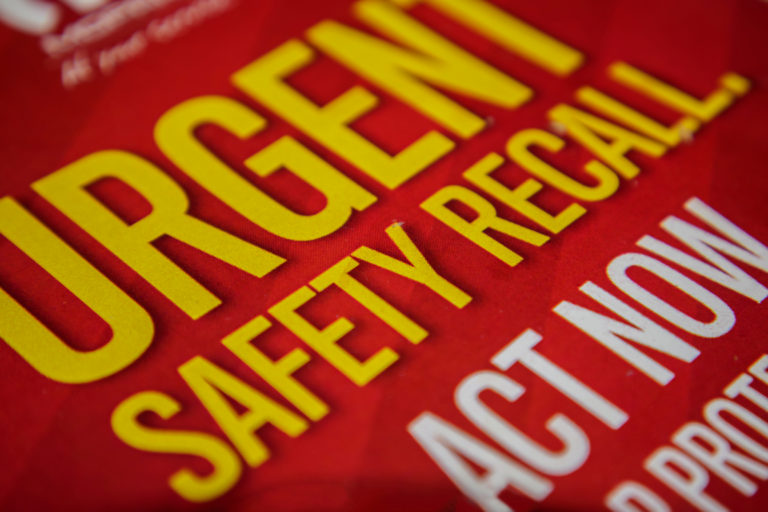Though the total number of automobile recalls per year has been climbing for over two decades now, current data shows that both vehicle quality and reliability are showing steady improvement each year. Then why the continuous increase in recalls? The answer is simple, prime focus on consumer safety should be the goal.
In 2000 the federal TREAD Act was established, dramatically changing the automotive recall design. Before 2000 the law required car companies to issue a recall only when a consumer reported a problem. The TREAD Act now requires that companies look to identify potential problems and notify the National Highway Traffic Safety Administration (NHTSA). If NHTSA is not promptly notified of a potential problem then serious fines may be issued.
The car companies’ motivation to recall their products is mostly to avoid future litigation; lawsuits over automotive defects that were known, but hidden, and caused serious injuries and deaths have been a major driver of design and manufacturing changes to improve product safety. Yet, whatever the motivation, the philosophy to fix problems before deaths and injuries occur is one that greatly benefits the consumer. After all, making sure that you, the consumer, are protected should be everyone’s main goal.
However, serious issues do arise and, when they do, your life could be in potential danger. One of the ways to avoid the danger of dysfunctional products is to stay aware and updated on recalls. This is why the attorneys and staff here at Terrell Hogan law firm work hard to keep you informed on what products to stay away from and why. Our goal is to help protect you from hazardous situations, providing information is one way to do that.
The following article: Why Are There So Many Car Recalls? focuses on the importance of consumer safety and the significance of staying up to date on recalls. Other websites such as: Recalls.org and CPSC.gov can further help you to stay informed on what products are dangerous. These websites are great tools to help you maintain safety and avoid risky products.
$2.5 Million Settlement
Medical Malpractice
$831,000 Verdict
Slip and Fall
$3.7 Million Settlement
Medical Malpractice
$2.8 Million Verdict
Asbestos / Mesothelioma
$1,700,000 Verdict
Defective Product
$1,200,000 Verdict
Slip and Fall
$625,000 Settlement
Construction Accident
$650,000 Verdict
Trucking Accident
Six Figure Settlement
Wrongful Death
$1,500,000 Verdict
Auto Accident
$750,000 Verdict
Nursing Home Abuse
$1,200,000 Settlement
Construction Accident
$1,900,000 Settlement
Bicycle Accident
$17 Billion Settlement
Tobacco Injuries



